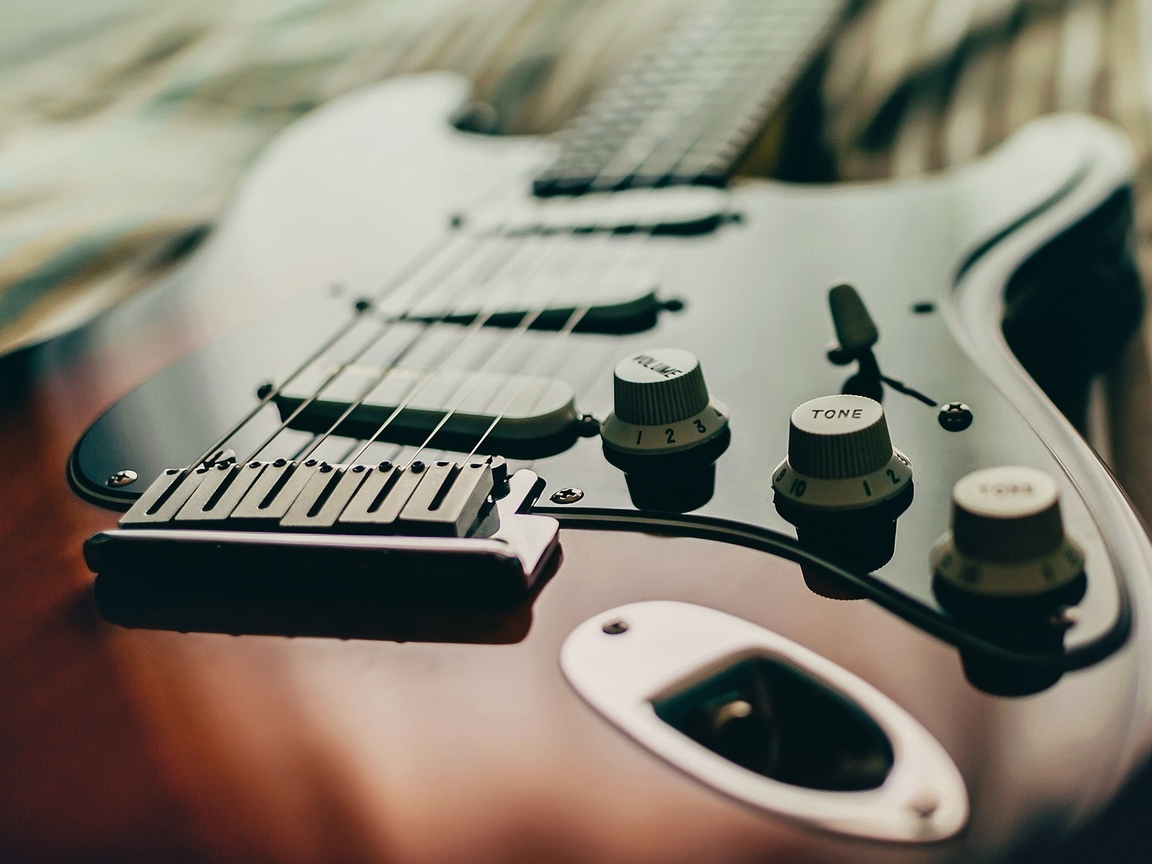
Electric Guitar Beginner’s Guide
There is something that tends to happen with young students which is that they don’t stay within the limts of classical music which is the standard for music education, and they follow the energetic appeal of music such as rock, but there are some differences beyond just how to play this type of music and its instruments.
Gear
For starters, there is some essential gear that is needed to be confortable making rock music, this ranges from pedals to amplifiers. First of all an overdrive or distortion pedal is a must, an overdrive being a more clean distortion. Rock is a genre that is known to have lots of distortion with guitars and even bass sometimes. Next would be a few complementary pedals such as a chorus, and a reverb. These two can help achieve a specific sound by playing a bit with the knobs, or use a specif effect for a particular moment.
There are many more effects that will eventually become a part of your arsenal as a guitarist but first, the essentials.
Loud and Messy
This article is mostly to help young musicians that started their journey in music school but are very interested in rock, this is a very common thing but it is a very different experience despite still being just music.
While in other musical genres acoustic is what matters in order to get the best sound possible, in rock music, amplifiers, volume and all sorts of equalization is essential to get the best sound possible.
Everything Works In Rock

If there is a genre that welcomes any genre and blends differents types of music is rock, and one of the biggest mistakes of young musicians is to believe that rock is “cooler” than the music they’re taught in music school. Rock is different, but it’s also a place in which they can be extemely creative without falling far from the genre.
This is one of the reasons why rock is amazing for beginners, because it allows a lot of creative freedom, but more than that, the sense of freedom and energy that young musicians have is very present in this genre.
The attitude towards rock excludes everything that could be boring about music and provides an experience that can be fun and educational, while at the same time connecting with the ones learning how to play. Imagine for example telling a student to use what they’ve learned from scales and classical interpretations in an original rock song. The idea would be that any restraints, either psichological or composition wise would be broken, allowing creativity to flourish in a way that music academies sometimes overlook.
In this sense the electric guitar is one of the easiest instruments to make that transition while also feeling a very strong difference in the overall feel of the music being played.
Controversial

While it is something that affected this genre for decades, it shouldn’t be an issue anymore.
Meanwhile, academic job listings around the country show an unprecedented demand for popular specializations. These developments result in a new kind of irony, for there is, as yet, no clear “discipline” of rock studies, no consensus on what might constitute its focus or its limits, as a field of study or set of approaches; and it is not clear that there ever will or should be. It is not that scholars have failed to attempt to address such questions. On the contrary, the interested reader is no longer lacking in stylistic overviews, encyclopedic histories, theoretical treatises, and college textbooks. But these manifold projects are beset from the outset by ideological and methodological controversies, while still lacking the solid underpinning of serious, close musical analysis that is needed if clear musicological understanding is to be obtained.
John Covach and Graeme M. Boone, Understanding Rock
Rock is an opportunity to blossom in many ways, and it is the best way to just go crazy mixing different styles of music, which will encourage a music student’s education.
